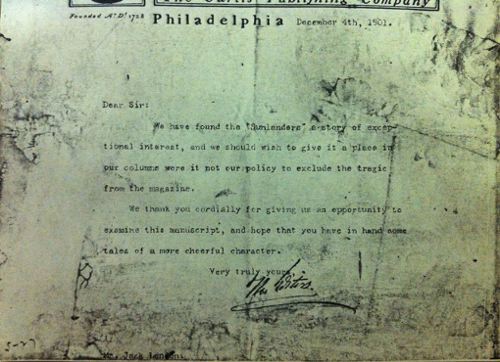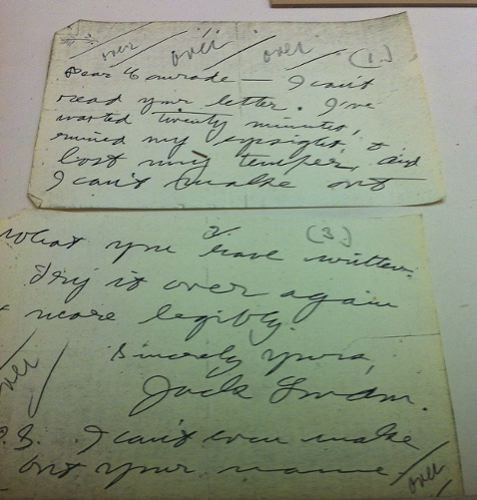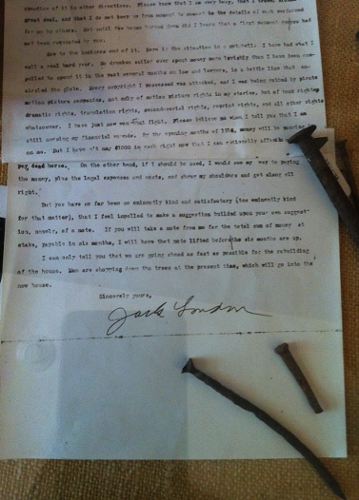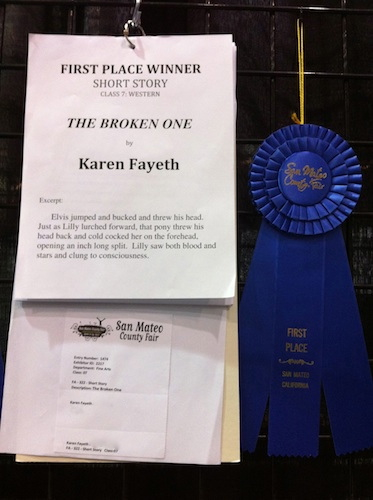Dyin’ or Revivin’?
Last week I received an email by the good folks running the literary competitions at my local county fair. After notifying me that my story won a prize, they invited me to come out to the fair next weekend to read my story aloud on stage as part of their literary event.
Well I was just pleased as punch to say yes. What a wonderful opportunity.
This past Saturday, I had some time on my hands while I sat in a chair waiting for my hair to turn that color that only my hairdresser knows how to make.
I started thinking about this event next weekend and planning. I need to spend some time practicing reading my story aloud. Practice is everything in a public speaking situation.
I wondered if I’d be asked any questions about the story. I thought I should try to think up what I might be asked so I could be ready with good answers.
One of the first questions I thought of was, “what was your inspiration for this story?”
I had to spend some time thinking that through. It’s a story that’s been rambling around in my mind for a while, and I’ve taken several stabs and getting it out, to both greater and lesser success.
Mainly, I was inspired by the fact that upon reading the guidelines for the competition, I noted that there was a “Western” genre available to compete under. This is not something I often see, so that really got my creative juices rolling.
My absolute author-hero is Larry McMurtry. I adore his way with description and dialogue, and his western novels are a cut above.
I have a collection of short stories that McMurtry edited. It’s western stories written only by writers raised in the west.
When I saw that my county fair offered a Western category, I knew there was no doubt that I had to write a western story.
That said, what I wrote isn’t truly a classical western. Technically, the western genre implies a story set in the 1800’s, the so called “Old West.”
If you read any of the literally thousands of short stories that Louis L’Amour wrote, you’ll find within his formula a common theme. The great conflict in his stories is of man against nature which includes cattle grazing the land, the weather and water. In fact, water rights always seem to play a big role in L’Amour’s short stories.
I guess that the western genre has declined so much because these concepts seem hopelessly old fashioned.
But are they?
Until his untimely death last year, my dear friend who farmed cotton and chile on his family’s farm in La Mesa was fighting with the state of New Mexico over water rights. This problem was such a vital aspect of his life that it was mentioned in his eulogy.
Yesterday I watched a televised show where renowned French chef Eric Ripert spoke passionately about the “farm to table” movement, and visited a Virginia farm where the owner was doing something revolutionary.
He was not overgrazing his land.
He spends time calculating how many head of cattle his land can bear and then actively rotates pastures to be sure that his cattle never overgraze. His land flourishes, his cattle are healthy and he’s seen as an innovator.
This is not innovation. Louis L’Amour wrote stories about this very idea over 70 years ago. This concept is also something they taught me in my collegiate FFA organization**. It’s called “being a good steward of the land.”
And so, to bring this back to my point…
I wanted to write a western story because although I keep hearing that the western fiction genre is dying, I’m seeing that the topics driving most true western stories are still essential and vital to today’s world.
And so maybe Westerns aren’t dying. Maybe, much like the land, if tended to and nourished, the genre can continue to flourish with a modern sensibility.
Writing a western story set in modern times that won an award at my local county fair is so deeply satisfying to me. It’s my affirmation that the Western genre is alive and well inside at least one little girl who was born and raised in the west.
_______________________
Further proof: The Western genre gets back in the saddle
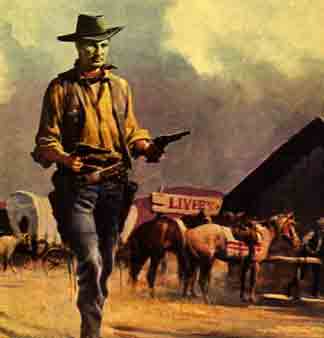
**”I believe in the future of farming…”


